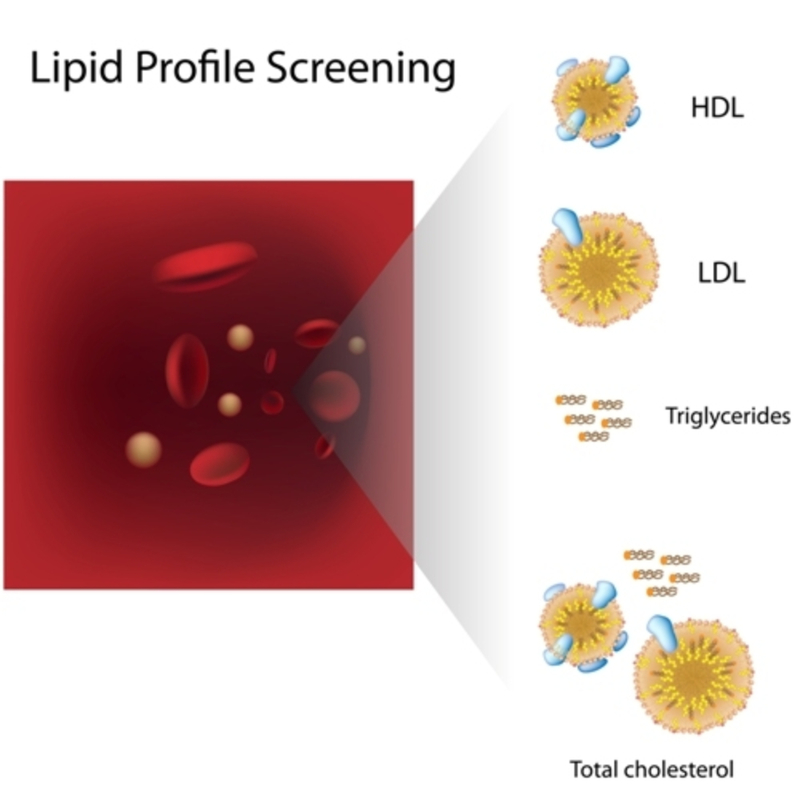Camelina oil improves blood lipid profile
University of Eastern Finland News Jan 12, 2018
 The use of camelina oil reduces overall and LDL-C levels in persons with impaired glucose metabolism, according to a new study from the University of Eastern Finland. The findings were published in Molecular Nutrition & Food Research.
The use of camelina oil reduces overall and LDL-C levels in persons with impaired glucose metabolism, according to a new study from the University of Eastern Finland. The findings were published in Molecular Nutrition & Food Research.
The study analyzed the associations of camelina oil, fatty fish, and lean fish with lipid and glucose metabolism and low-grade inflammation. Camelina oil is rich in alpha-linolenic acid, which is a plant-based omega-3 fatty acid. Earlier research has shown that fish protein and long-chain omega-3 fatty acids found in fish have beneficial effects on several risk factors associated with cardiovascular diseases. Research evidence relating to the effects of alpha-linolenic acid on these risk factors, however, remains scarce.
The study involved 79 Finnish men and women with impaired fasting glucose concentrations aged between 40 and 72. The study participants were randomly divided into four groups: the camelina oil group, the fatty fish group, the lean fish group, and the control group. Depending on their group, the study participants were instructed to eat either fatty or lean fish four times a week, or to take a daily 30-ml dose of camelina oil for a period of 12 weeks. People in the control group were allowed to eat fish once a week, and the use of camelina oil or other oils containing alpha-linolenic acid was prohibited. The researchers found that camelina oil had a positive effect on blood cholesterol levels, but no similar effects were observed for fatty or lean fish. Moreover, there were no significant differences in glucose metabolism or low-grade inflammation between the groups.
-
Exclusive Write-ups & Webinars by KOLs
-
Daily Quiz by specialty
-
Paid Market Research Surveys
-
Case discussions, News & Journals' summaries